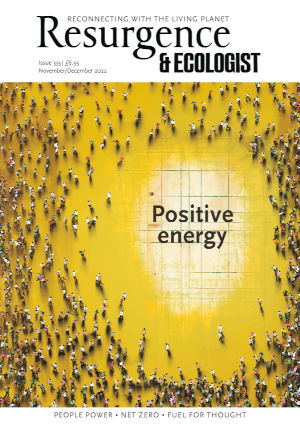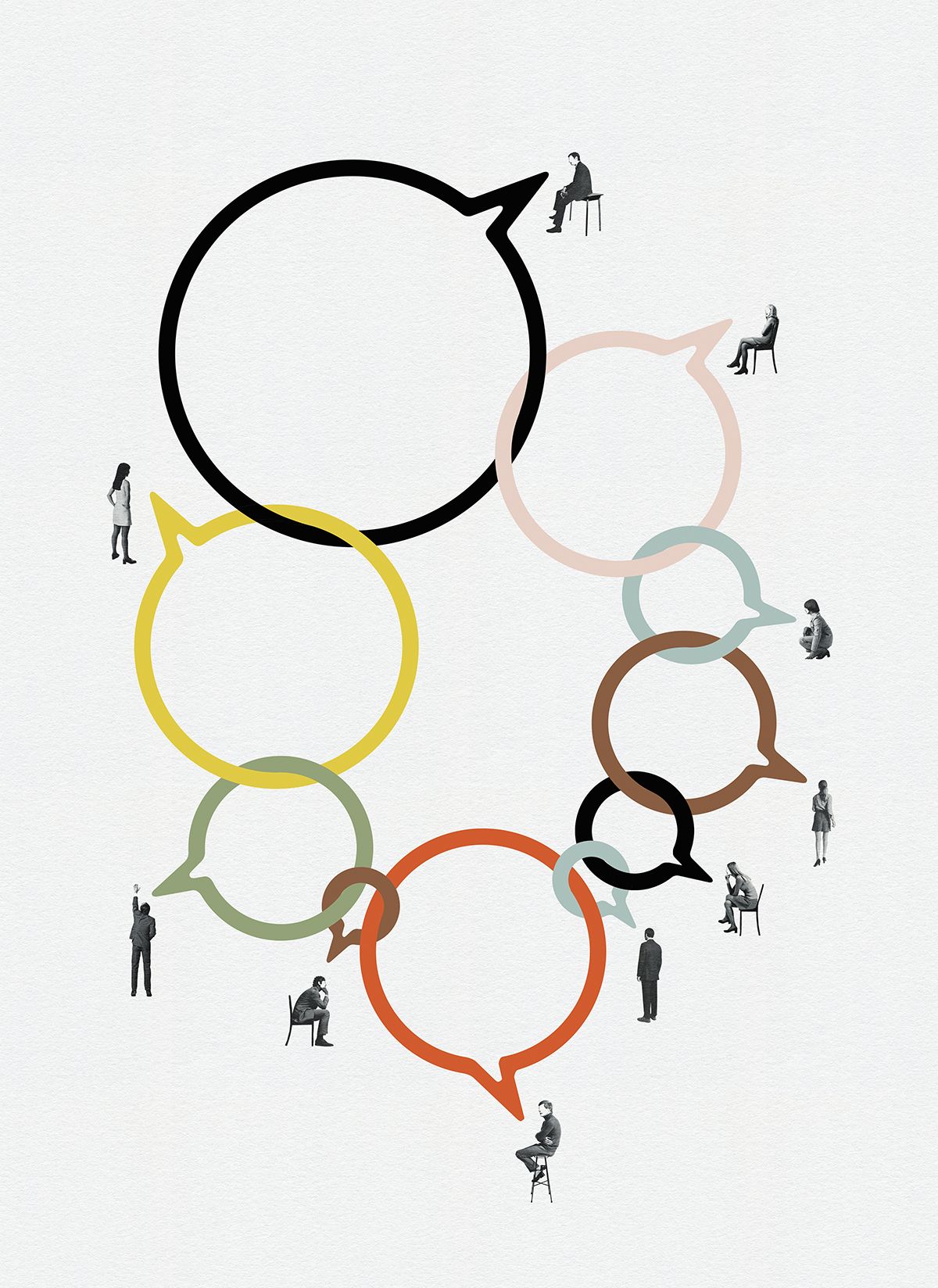Cash-strapped and resource-depleted councils may believe they are powerless to act on climate change, even those who have formally declared a climate emergency, but the Centre for Alternative Technology (CAT) is aiming to change that through new guidance for local authorities. Its recommendations are based on learnings from its Zero Carbon Britain Innovation Lab, which brings people together to share ideas and discuss sustainable solutions to achieve net zero.
CAT’s lab has so far worked with around 150 local authorities. Typically, councils believe their main barriers to be financial, says Anna Bullen, the lab’s manager. However, though finances are “absolutely an issue”, the lab takes a more systems thinking approach, she explains.
“We take a thorough deep dive to try and understand what the barriers are throughout the whole system,” she says. “Some of the biggest barriers are political will and the behavioural aspects – the beliefs and the mindsets. Through their work with us, councils can design effective and realistic interventions to address those barriers and identify what’s going to have the greatest impact. Fundamentally, the most important thing is changing mindsets and beliefs, but there are lots of other things they can do, especially if they work together.”
The lab recently held a series of workshops with ten Staffordshire councils, exploring the barriers to achieving net zero within the current system, what a net zero Staffordshire could look like, and potential interventions to achieve it. Participants also explored priority areas for cross-council collaboration.
There was variation across Staffordshire in terms of when councils aimed to reach net zero, with target dates ranging from 2030 to 2050. There were also differences in the scope of their ambition, as some councils were aiming to address only their own emissions, while others intended to include emissions from across their locality.
As a result of the workshops, Staffordshire councils now plan to work together to save money, work more efficiently and have a better chance of making progress at the speed and scale needed. The majority of participants have reported increased collaboration within their councils and across all the Staffordshire councils since the workshops. One reported not only having more expertise, but also more kudos, especially with climate activists.
The findings from the workshops have been used to create recommendations in the guidance to support other councils tackling the climate emergency. These centre on improving governance structures, working more collaboratively across councils, reducing silos, and empowering people at all levels of the organisation.
“The old-school hierarchical systems just aren’t fit for purpose any more,” Bullen says. “There are some incredible people working in councils, but many don’t feel empowered to do anything, because they have to go through this archaic chain. Individuals should be empowered to be leaders in their own right.”
As for community groups, she adds, they should be asking their councils what their climate action plan is, and the plan for implementation, and offer to help them deliver it. Councils should be held to account with regard to acting on the climate emergency, and communities should demand this.








